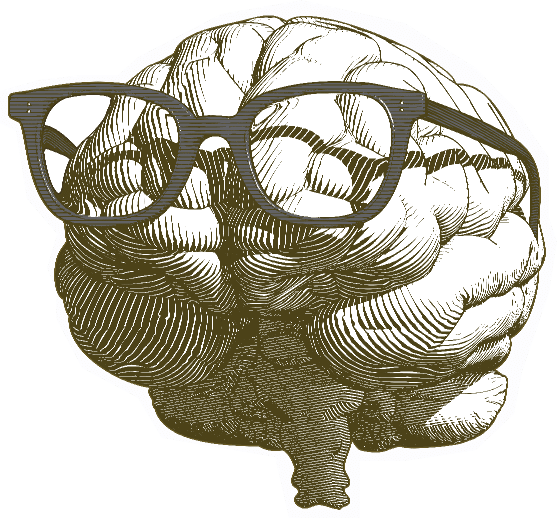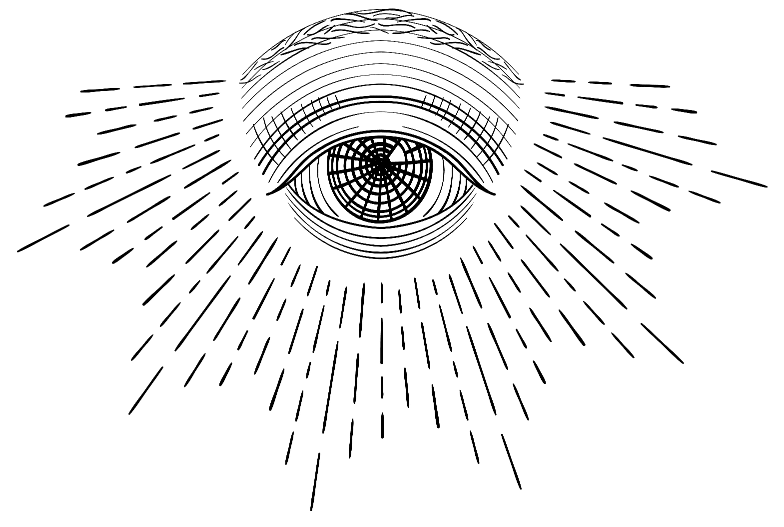Frequently Asked Questions

HOW OFTEN SHOULD I REALLY BE GETTING MY EYES CHECKED?
Ages 6-18: Every Other Year
Schedule a full eye exam for your child every other year, even if they’re seeing fine and don’t have any complaints about their eyes. And if they experience any changes or complaints about their vision, schedule an exam every year. An eye exam helps detect eye problems at their earliest stage – when they’re most treatable. Regular exams give your eye care professional a chance to help your child correct and adapt to vision changes and provide tips on caring for their eyes. And an eye exam can provide clues to their overall health!
Ages 18 – 60: Every Other Year
You should be getting a full eye exam every other year, even if you feel like you’re seeing fine and don’t have any complaints about your vision or eyes. An eye exam helps detect eye problems at their earliest stage – when they’re most treatable. Regular exams give your eye care professional a chance to help you correct and adapt to vision changes and provide you with tips on caring for your eyes. And an eye exam can provide clues to your overall health!
Age 60 And Above: Every Year
You should be getting a full eye exam every year, or as often as your eye doctor recommends. This is because if you have any conditions that put you at risk for visual changes or impairments, an annual exam will keep an eye on those risks. Conditions that might put you at higher risk include: high refractive error, wearing contact lenses, previous eye injuries, chronic illnesses like hypertension, diabetes, Crohn’s disease, Grave’s disease, Sarcoidosis, AIDS, the use of oral medication with ocular side effects (eg Plaquenil, Minocycline, Amiodarone, Coumadin), or a family history of eye diseases like glaucoma or macular degeneration.
Is The Annual Vision Screening My Child Gets At School Or From Their Pediatrician Enough Of An Eye Exam?
The vision screening that a pediatrician or school nurse dies is a basic health check of vision and external eye health. If administered correctly, it can help identify some of the children who need further evaluation. A vision screening is not designed to check for vision acuity (if reading is blurry or uncomfortable), or visual skills like focusing, eye tracking, or eye alignment, nor does it look at internal eye health.
A comprehensive eye examination assesses several aspects of visual and ocular health including, but not limited to: ability to see (acuity of each eye), need for glasses or contact lens correction (refractive error), color vision assessment, depth perception, presence of ocular alignment issues, identification of amblyogenic factors, eye movement disorders, and assessment of external and internal ocular health.
Your child is working hard to learn everything they can in school, don’t let undiagnosed eye issues get in the way of their efforts!
OPTICIAN, OPTOMETRIST, OPHTHALMOLOGIST... WHAT’S THE DIFFERENCE ANYWAY?
All three working professionals are involved in your eyesight or eye care in some way. Opticians are the ones who help you with frame selection, then make and adjust your eyeglasses. Optometrists are eye doctors who will assess your vision, determine your eyeglass prescription if necessary (“Which is better, one or two?”), and will treat common eye conditions such as conjunctivitis (pink eye), scratched corneas, and amblyopia (lazy eye), to name a few. Ophthalmologists are the other sort of eye doctors who will take care of your eyes and do eye-related surgery.
If you are in need of routine, regular eye care, you can see either an optometrist or an ophthalmologist. The exam and care is the same. The benefit of seeing an optometrist is a shorter wait time between requesting and obtaining an appointment, a more personal experience with the eye doctor, and likely less time between the time you arrive at the office and the time you leave. If you see an optometrist and are flagged for a condition that requires specialist care or surgery, you will be referred to an ophthalmologist.
What Do I Need To Bring To My Appointment?
Your health insurance card.
Your most recent pair of glasses.
Your contact lenses (if you wear contacts), and ideally the box they came in.
If you have records from your previous eye doctor, please bring them so we can offer you the best uninterrupted care.
Also, if you’re interested in a prescription for task-specific glasses, we recommend you bring related implements/instruments/task materials if possible. For example, if you’re an orchestra musician, a stand and sheet music would be helpful. If you’re a jeweler, tools and something you’re working on can help determine the best prescription for the job. And we get to see the awesome things our patients do!
But My Contact Lens Prescription Hasn’t Changed In Years! Why Do I Need To See The Eye Doctor Every Year?
With your safety in mind, contact lenses regulated by the FDA and need to be prescribed by eye doctors. Wearing contact lens puts your eyes at higher risk for infections and corneal ulcers, which can cause permanent damage in the most serious of cases. The general recommendation is that you see your eye doctor annually to ensure your eyes are still healthy enough to safely wear contact lenses.
Do You Really Need To Dilate My Pupils? How Important Is That Part?
Please note that according to the AOA, the gold standard is still dilation with eye drops, although undilated fundus photography is often used in place of dilation for general safety and convenience. The AOA recommends checking the inside of your eye (routine dilated fundus exam) every other year for adults ages 18-39, every year for adults over 65, and at the doctor’s discretion for all other ages.
Why Do You Need To Know What Medications I’m On?
Why Do You Ask About My Occupation And Hobbies?
Seeing The Eye Doctor Really Freaks Me Out... How Do I Get My Eyes Checked?
Can I Recycle My Contact Lenses?
What Happens During An Eye Exam?
All of these parts come together in a conversation between you and your eye doctor about the exam findings, and our recommendations for your eye health and needs. Sometimes, specific findings require further or additional testing and we’ll answer any questions you might have.

